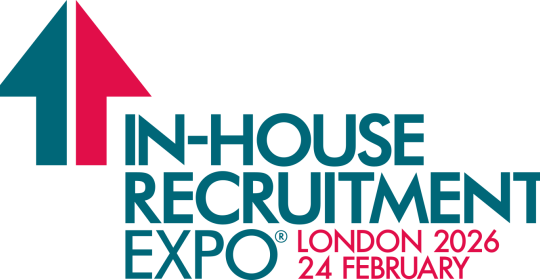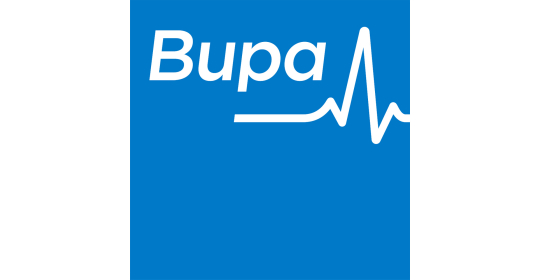As the barriers to Internet access decrease and the demand for assessments online increases, SHL is committed to minimizing the risk and maximizing the value of online assessment tools with a new set of ëBetter Practiceí guidelines. These have been designed to accompany the launch of The SHL Verifyô Range of Ability Tests.
In the last year alone SHL has administered over 1 million assessments online. This figure looks set to grow. However, the unsupervised online environment has left many HR Directors feeling cautious.
In a recent survey conducted by SHL, as few as 30% of HR Directors claimed to assess candidates online as part of their recruitment process. Over half of those interviewed (62%) mentioned the remoteness of the test and the lack of interaction with company personnel, inherent in online testing, as a major concern.
It is these concerns that SHLís Better Practice guidelines are designed to address. The industry is already familiar with Best Practice guides however, the world of online testing moves too quickly for a specific Best Practice Guide to remain relevant for long. SHL expects the Better Practice guidelines to evolve and therefore intends to update them periodically to keep up with the pace of change in the world of online testing. The updates will be available online for individual download alongside the core document.
Also, the principal of following ëbest practiceí can often be rather aspirational. SHLís Better Practice guidelines have been developed following feedback to SHL from clients and test users who are seeking a pragmatic, real-world set of recommendations for test administrators to act on. They explore the risks associated with unsupervised ability testing in detail and outline what the practitioner can do to solve them. For example, they give details of what an organization should do if it does find a discrepancy in the retest result.
The guidelines also offer advice on how to avoid any dispute by following a set of defensible procedures. Practical advice is given in areas such as how to implement integrity and honesty contracts; the implications of online testing on employment law, advice on data protection and fair assessment. By limiting the risks, the tests are more likely to be legal, legitimate and fair to the genuine candidates.
ìAs the war for talent gets tougher the need intensifies for smarter HR processes that deliver more for less,î said Eugene Burke, the Director of Design and Innovation at SHL and author of the guidelines. ìHR practitioners that do not embrace cost effective and reliable methods of recruitment and retention are not going to add value to their organizations. The Better Practice Guidelines are designed to help these HR practitioners face the challenge of the unsupervised online test, enabling them to achieve the balance between minimizing risk and maximizing value to deliver real business benefits.î
ìTo compete, organizations need to identify talent quickly. With 57% of the UK population thinking that it is acceptable to lie, exaggerate or withhold information during the recruitment process, it is essential that employers make as many provisions as possible to ensure that they are actually hiring the right candidate for the job,î advises Kevin Kerrigan, Managing Director of SHL UK and Americas.
SHL Launches New Guidelines for Online Recruitment Testing Industry

.





